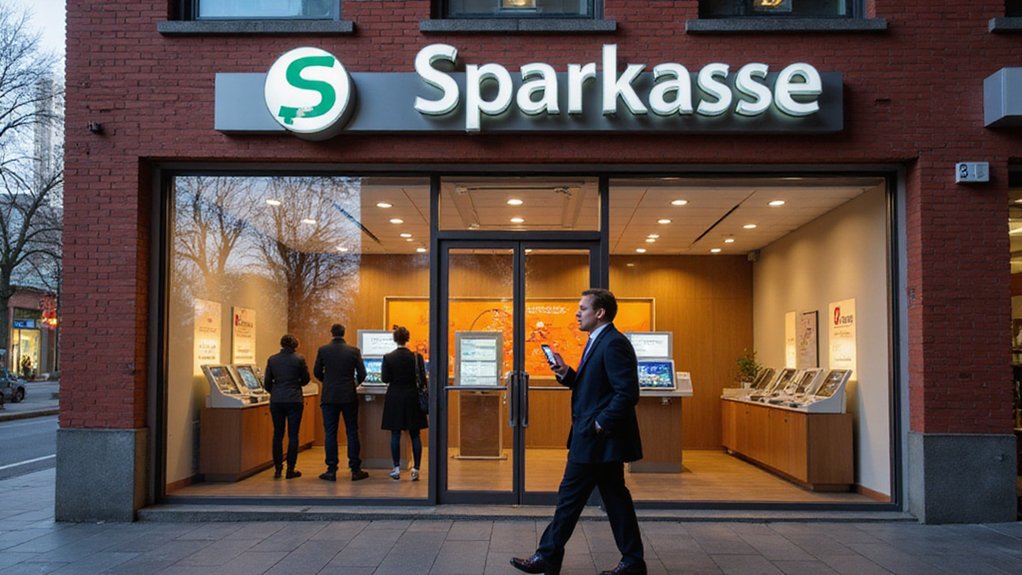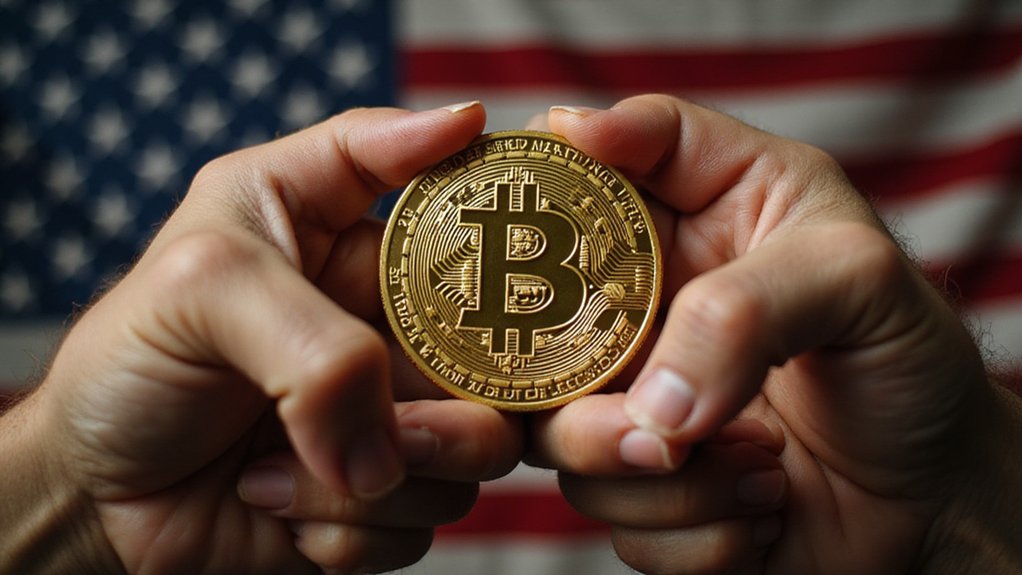While Germany’s Sparkassen banking group spent years steadfastly avoiding cryptocurrencies like a prudent hausfrau steering clear of dubious investment schemes, the nation’s largest retail banking network has apparently decided that regulatory clarity—courtesy of the EU’s Markets in Crypto-Assets (MiCA) framework—now makes digital assets respectable enough for its traditionally conservative clientele.
The banking collective, which encompasses over 370 independent member institutions serving approximately 50 million German customers, plans to launch cryptocurrency trading services by 2026. This represents a remarkable pivot from their 2021 position, when internal committees rejected crypto offerings due to risk concerns that now seem quaint given the regulatory scaffolding MiCA provides.
Initial offerings will focus on Bitcoin and Ethereum—the digital equivalent of blue-chip stocks in the cryptocurrency universe—integrated directly through the familiar Sparkasse mobile application. This approach eliminates the friction that has historically deterred retail investors from venturing into crypto markets, leveraging existing know-your-customer procedures rather than requiring additional identity verification hoops. The platform will enable customers to manage their cryptocurrency holdings without relying on third-party exchanges for buying, selling, or storage functions.
Sparkassen’s mobile-first crypto strategy transforms Bitcoin and Ethereum trading into a frictionless retail banking experience for German customers.
The infrastructure supporting this initiative involves strategic collaboration with DekaBank, Sparkassen’s securities division handling back-end operations and custody arrangements, alongside S-Payment for technical integration. Despite offering these services, the bank will maintain its stance that cryptocurrencies remain highly speculative investments.
Whether the group ultimately pursues external partnerships or obtains a BaFin crypto custody license remains under discussion—a decision that will greatly influence their operational framework. Unlike decentralized finance platforms that enable peer-to-peer transactions without traditional intermediaries, Sparkassen’s approach maintains institutional oversight while providing regulated access to digital assets.
Market dynamics certainly influenced this strategic reversal. Rising competition from institutions like Volksbanken, coupled with increasing consumer demand for trusted cryptocurrency trading platforms, has forced Sparkassen to reconsider their digital asset stance or risk market relevance erosion.
The move carries broader implications for Germany’s historically conservative banking sector. Sparkassen’s institutional endorsement of cryptocurrencies could catalyze considerable retail market participation increases while pressuring competing banks to launch or expand their own digital asset services.









